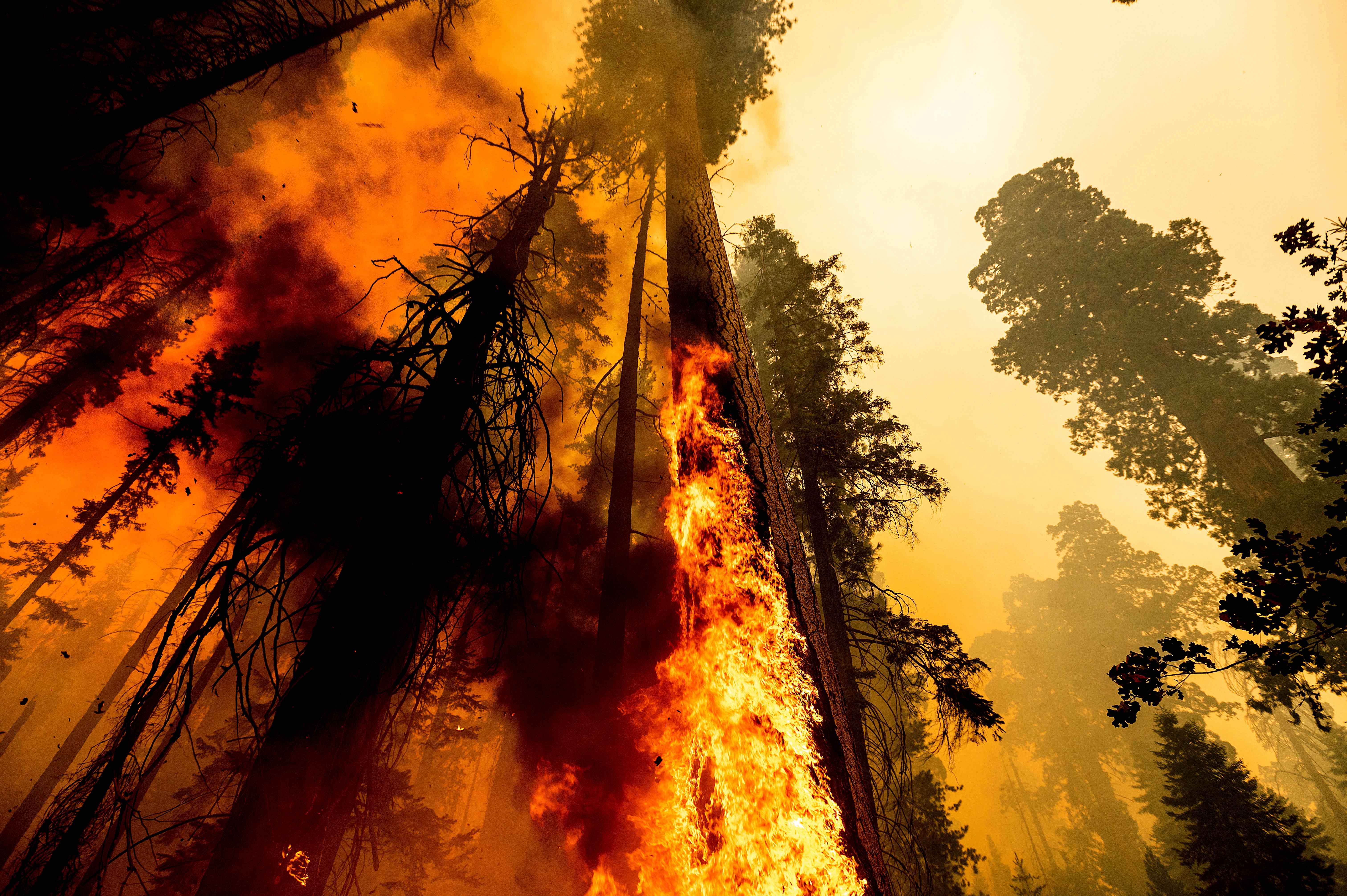Children born today face living through seven times more heatwaves than their grandparents, research finds
Children today will also face twice as many wildfires and three times more floods, even if countries meet their current climate pledges
Your support helps us to tell the story
From reproductive rights to climate change to Big Tech, The Independent is on the ground when the story is developing. Whether it's investigating the financials of Elon Musk's pro-Trump PAC or producing our latest documentary, 'The A Word', which shines a light on the American women fighting for reproductive rights, we know how important it is to parse out the facts from the messaging.
At such a critical moment in US history, we need reporters on the ground. Your donation allows us to keep sending journalists to speak to both sides of the story.
The Independent is trusted by Americans across the entire political spectrum. And unlike many other quality news outlets, we choose not to lock Americans out of our reporting and analysis with paywalls. We believe quality journalism should be available to everyone, paid for by those who can afford it.
Your support makes all the difference.A child born today faces living through on average seven times more heatwaves than their grandparents, research finds.
Children born in 2020 will also experience on average double the number of wildfires, 2.6 times more droughts and almost three times more river floods and crop failures than someone born in 1960, the analysis says.
Writing in the journal Science, the international team of climate researchers say their findings “highlight a severe threat to the safety of young generations and call for drastic emission reductions to safeguard their future”.
The analysis comes just days after young people took to the streets around the world to demand more urgent climate action ahead of Cop26, the crucial global summit taking place in Glasgow in November.
The findings are conditional on countries meeting their current climate pledges, which are not ambitious enough to meet aspirations of limiting global heating to 1.5C above pre-industrial levels.
Study lead author Prof Wim Thiery, a climate scientist at Vrije Universiteit Brussel in Belgium, told The Independent: “Our results show that newborns will face a sevenfold increase in exposure to extreme heatwaves across their lifetime relative to their grandparents.
“We also find that people who are under 40 today will live an unprecedented life in terms of exposure to heatwaves, droughts, crop failure, and river floods – even under the most ambitious climate policies.”
The researchers made estimates of lifetime exposure to six extreme conditions – droughts, heatwaves, crop failures, river floods, tropical cyclones and wildfires – for every generation born between 1960 and 2020.
To do this, they combined projections of future extreme weather events with global population data.
They examined extreme weather exposure under several possible scenarios, including one where temperatures are successfully limited to 1.5C and one where countries instead meet their current climate pledges, which are not sufficient to meet the target.

Research shows that the climate crisis is affecting the likelihood and severity of many types of extreme weather events.
For example, an analysis published this summer found North America’s deadly 2021 heatwave was made at least 150 times more likely by the climate crisis.
A second analysis found the record rains behind Germany’s devastating floods this year were made up to nine times more likely by global heating.
The new analysis finds children born in 2020 will likely see two to seven times more extreme weather events than their grandparents, if current climate pledges put forward by countries are met.
The intergenerational burden is largest for young people in the developing world, the results show.
For example, a child born in sub-Saharan Africa in 2020 will face around 50 times as many heatwaves compared to a person living in a world without the climate crisis.
“Children in low and lower-middle income countries are among the most vulnerable people when it comes to rising climate extremes,” said Prof Thiery.
The findings also show, however, that much of the generational divide in climate impacts could be stemmed if countries take enough action to meet the 1.5C target.
“If we manage to drastically reduce our emissions in the coming years, we can still avoid the worst consequences for children worldwide,” said Prof Thiery.
“For example, we can cut the intergenerational burden by at least 40 per cent if we increase current ambition levels and limit global warming to 1.5C.”
The analysis comes shortly before a UN Climate Change Youth Summit is due to take place in Milan.
A separate analysis by the climate website Carbon Brief previously found that children will have to emit eight times less CO2 than their grandparents if the 1.5C target is to be met.
Dr Joeri Rogelj, study author and climate scientist at Imperial College London, said the findings “lay bare the fundamental injustice of climate change across generations”.
“The consequence of children suffering unprecedented sequences of climate extremes over the course of their lives can now be attributed to the inaction of today’s adults,” he said.
“It also shows how much can be gained by ambitious emissions reductions.”

Join our commenting forum
Join thought-provoking conversations, follow other Independent readers and see their replies
Comments